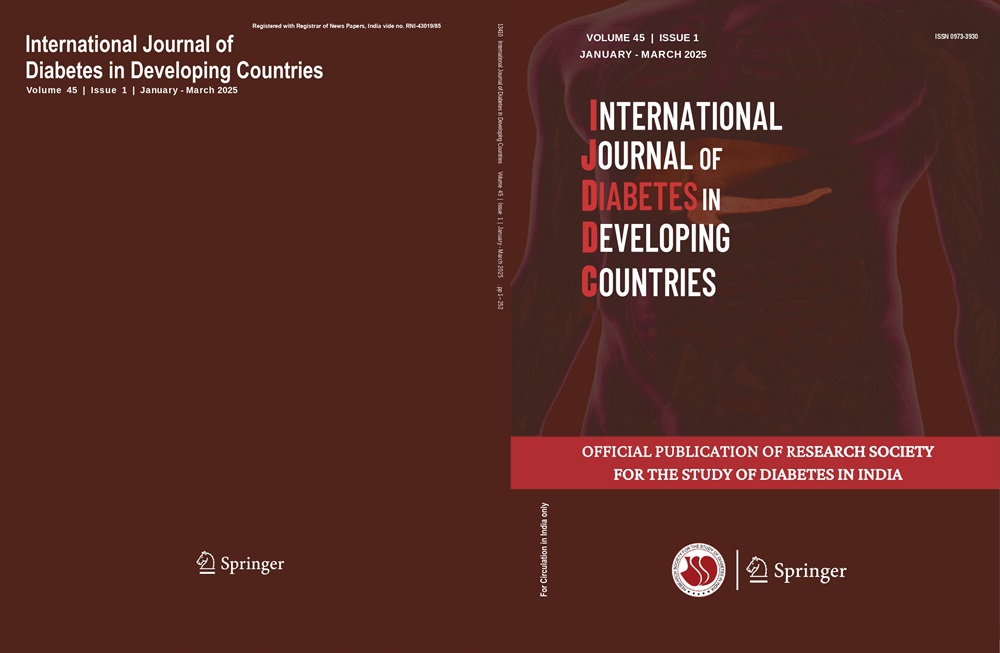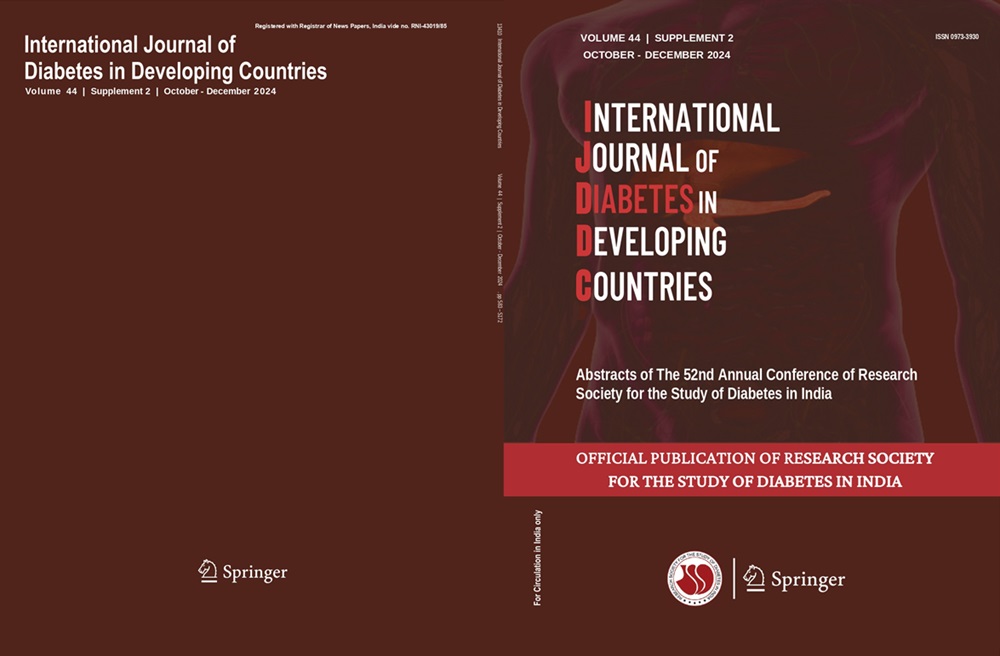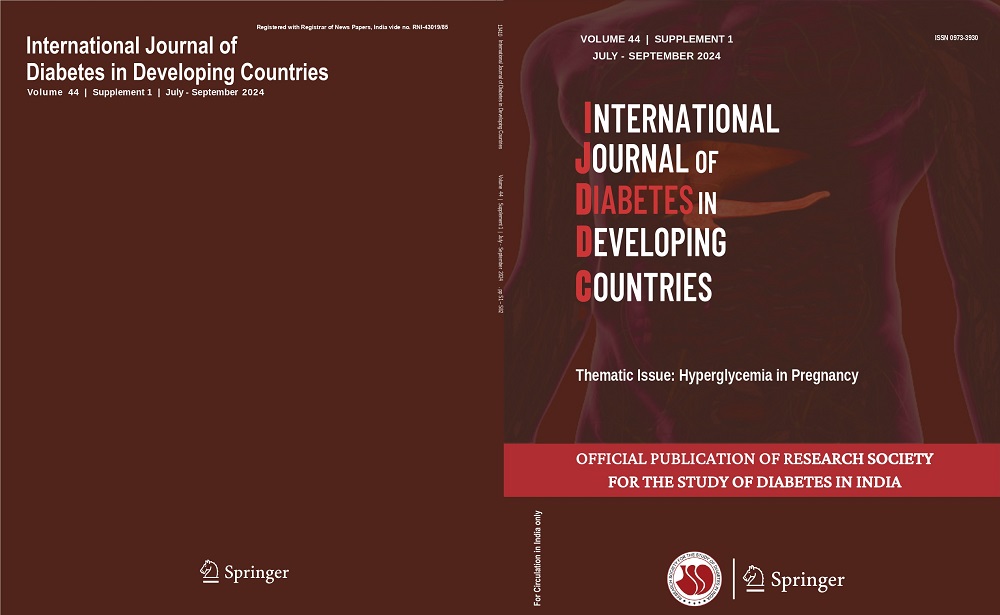Parker Elijah Joshua, Chinelo Grace Enwelu, Bonaventure Chukwunonso Obi, Rita Onyekachukwu Asomadu, Chidinma Pamela Ononiwu, Ogheneovo Innocent Orhonigbe, Edwin Olisah Alumanah
Keywords
Garcinia kola • Diabetes mellitus • Alloxan • Glibenclamide • Antioxidant • Hematology
Abstract
Background Garcinia kola (Gluttiferae) is recommended traditionally for the management of diabetes in Nigeria. This present study evaluated the effect of the ethanol extract of G. kola seeds on the biochemical and hematological status of alloxan-induced diabetic rats.
Methods Rats were divided into six groups of five rats each. Diabetes was induced in groups 2–6 by intraperitoneal injection of alloxan monohydrate (130 mg/kg bwt.). Group 1 served as normal control, group 2 was left untreated, group 3 was treated with 2.5 mg/kg bwt. glibenclamide (standard drug), and groups 4–6 were given an oral administration of 100, 300, and 500 mg/kg body weights of extract for 21 days. Fasting blood samples were collected at baseline, day 0, 7, 14, and 21 for blood glucose evaluation. Biochemical and hematological parameters were also investigated at the end of treatment.
Results The extract produced the best effects at 500 mg/kg bwt. Blood glucose concentration was significantly (p < 0.05) reduced from days 7 to 21. A reduction from 390.50 ± 28.21 in diabetic rats to 60.50 ± 2.96 mg/dl was observed on day 21. The extract also lowered the total cholesterol (TC), triacylglycerol (TAG), low-density lipoprotein (LDL), and malondialdehyde (MDA) concentrations from 259.64 ± 52.22, 74.41 ± 15.39, 162.81 ± 48.44, and 57.75 ± 2.06 mg/dl to 120.32 ± 24.25, 41.05 ± 0.00, 82.31 ± 20.26, and 37.25 ± 2.21 mg/dl respectively. Superoxide dismutase (SOD), catalase (CAT), and glutathione peroxidase (GPx) activities were significantly increased from 31.25 ± 12.50, 33.59 ± 5.94, and 0.50 ± 0.01 IU/L to 68.75 ± 12.50, 81.52 ± 4.16, and 1.07 ± 0.15 IU/L respectively. Red blood cell (RBC) count was restored from 192.50 ± 28.72 to 271.25 ± 47.32 (× 109). At 100 mg/kg bwt., white blood cell (WBC) count was also normalized from 8000.00 ± 2648.26 to 12800.00 ± 365.14 (× 10 mm3).
Conclusion G. Kola seeds possess antidiabetic activity and capability of restoring aberrated biochemical and hematological indices in diabetic rats. This research therefore consolidates its traditional use for the management of diabetes mellitus.




